7 Reasons Why Future College Swimmers Need Summer Training
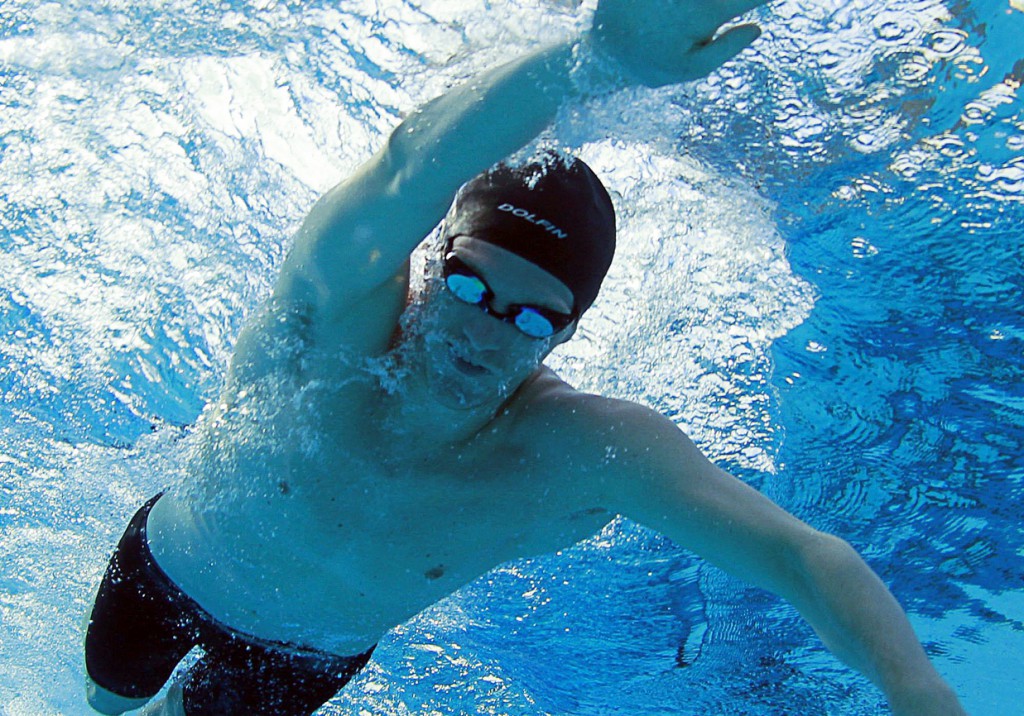
By Emma Foster, Swimming World College Intern
Summer training is beginning and it hits you — you did it. You are graduating high school. The four years flew by, with ups and downs, successes and failures, and you’ve suddenly found yourself in the home stretch. A few weeks, a walk across the graduation stage to pick up your diploma and you’re on to your next adventure.
Now the summer after high school stretches before you. There are three months before you head off to college. Whether you’re headed to a different state, or just a few miles from home, a lot of things are about to change.
College represents a whole new world. There is excitement and apprehension coursing through your veins. But before you head off, you’re ready to get the most out of your summer at home.
For those going on to swim collegiately, there is the added factor of training on top of enjoying your last months at home. This can sometimes be hard to juggle.
Don’t get me wrong, you should have FUN the summer before college. You should spend time with friends and family and celebrate all of your accomplishments up to this point. But it’s equally important to make sure you train this summer.
Here are 7 reasons why it’s important to keep training through the summer before college:
1. Last One Fast One
For many swimmers, they have spent years with their club team, growing up in their ranks. While some swimmers will return home and swim for their club during their summers of college, others will remain to train at their school.
This summer season could be the last you spend with the team that you grew up with, and it’s important to enjoy that last season. Get the most out of your last summer with the swimmers and coaches you grew up with- these memories will mean a lot when pangs of homesickness arise months after you’ve settled into your new life.
2. Stay in Shape
Make no mistake, when you get to college you will be jumping right into the season. It is absolutely necessary that you come in conditioned. College coaches aren’t going to want to wait around for you if you haven’t seen the water in three months.
What is more, your teammates won’t have much sympathy when they’ve been putting in the work. The beginning of the season is where bonds are formed through gut-testing workouts. Make sure you’re ready to lead the lane, rather than be left in the dust.
3. Competitive Experience
For most swimmers, their last taper meet as a high school student occurred around March. If you don’t swim another meet until you get to college, that could mean as many as seven months without any racing experience. This is why it is important that your summer plans include a taper meet.
Too many swimmers get sucked into the idea that they can “train” this summer without going to a meet. Having a meet in mind changes the tone of your training. You have a specific goal, and that gives you a different accountability to your swimming than just showing up to swim every day.
4. Mix It Up
The summer months can give you a chance to mix it up before you get into the grind of the college season. Just because you were recruited for butterfly doesn’t mean you can’t play with some other strokes this summer.
Having a chance to try some new things can give you a chance to refresh before entering the college training cycle. This doesn’t mean you should ignore your best strokes for three months, but its okay to have some fun with your training. If you’re working hard, even if it is your worst stroke, it is going to ultimately pay off.
5. But Actually… Stay in Shape
This point is so important that it must be reiterated. STAY. IN. SHAPE. You will thank yourself when you show up to practice and the set looks harder than anything you’ve done before. Being able to crank out the set the first day of college will make you mentally rejoice for putting yourself in a position to succeed.
6. Routine
With a lot of things changing around you, the summer before college can be a little overwhelming. Packing up your room, watching your friends slowly start to leave, and preparing to be gone yourself can definitely be a little weird.
That’s one reason why it is important to stick to your practice routine. Swimming is something you hopefully love to do, and you are choosing to be a part of the sport for the next four years of your life.
As tempting as it is to take a break from the grind, the grind is part of what makes the sport. Embrace it, and embrace the opportunity you have in front of you. One day you will hang up your swimsuit for good, and when you do, you’ll want to know you got the most out of your time in the water.
7. Legacy
For most swimmers, they have put a lot into their club team. Legacy is a word that gets thrown around a lot in today’s society, but this is one instance where you have a chance to leave one.
Don’t be someone that gets into college and forgets about where they came from. As a future college swimmer, you have an opportunity to make one last impact on your team. Take this summer to enjoy your team, enjoy your training, and give back a little bit of everything your club gave you.




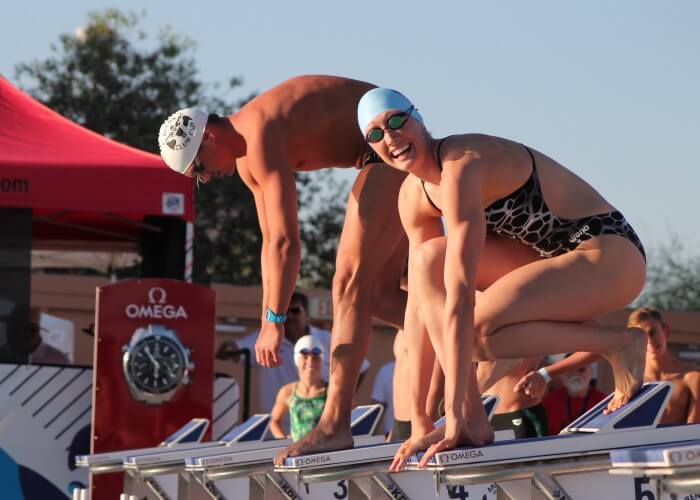
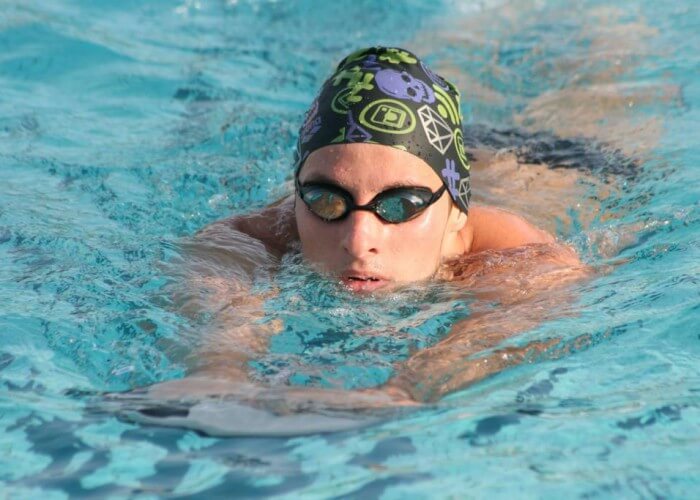
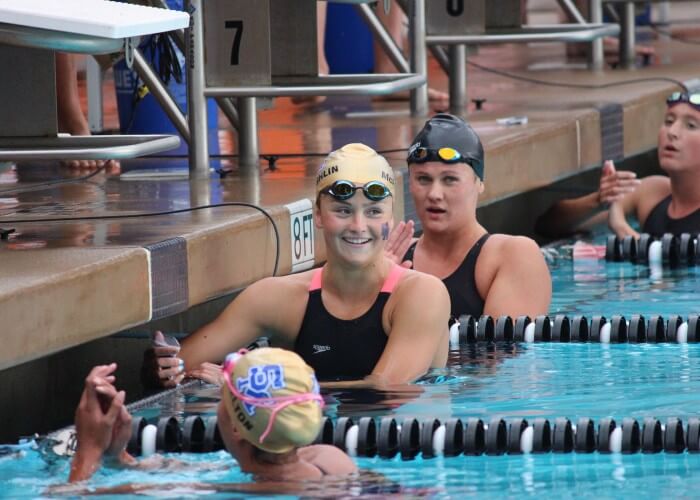

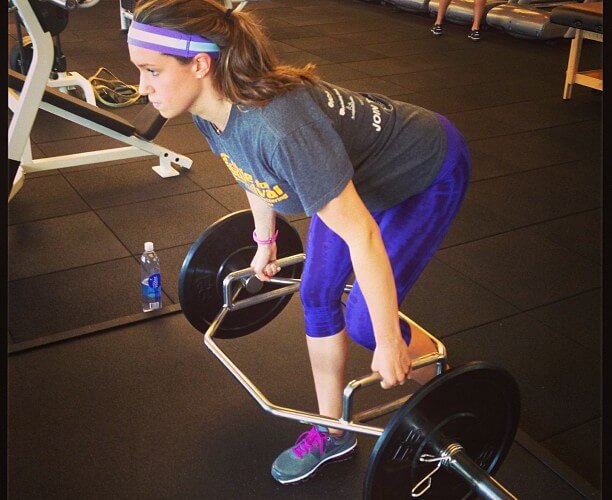
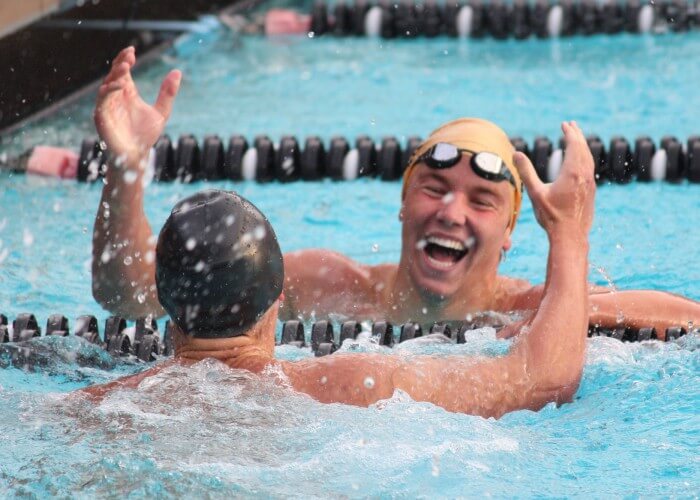
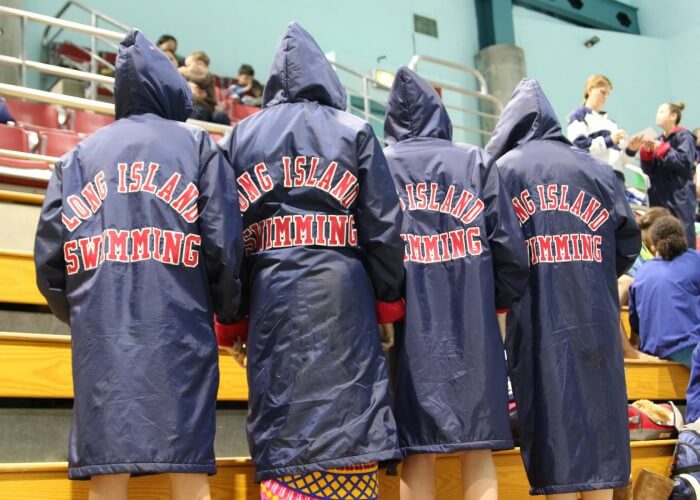
Bridget Keenan Graham, Maddie Graham
Sierra Stewart
Anais
Gracie Anderson true for coming back for another season.
And to add to this list, you never know if it will be your last swim ever. Our son Matthew Rein lived by these rules and made Long Course Nationals (his only nationals meet) the summer after his Senior Year in High School and went off to college (Albright College in Reading, PA) in very good shape for his Freshman year. He had a good season his freshman year (2013-2014). He went off again this past year after training during the summer looking forward to improving upon his Freshman season and tragically died in an off campus house fire two days before his Sophmore season was to begin (9/13/14). So you never know when your last swim will be.
Thanks for that thoughtful reminder, David.
One of my proudest moments of our internship program in the last year was Allison Peters’ remembrance of Matthew. http://www.swimmingworldmagazine.com/news/remembering-albrights-matt-rein-1995-2014/